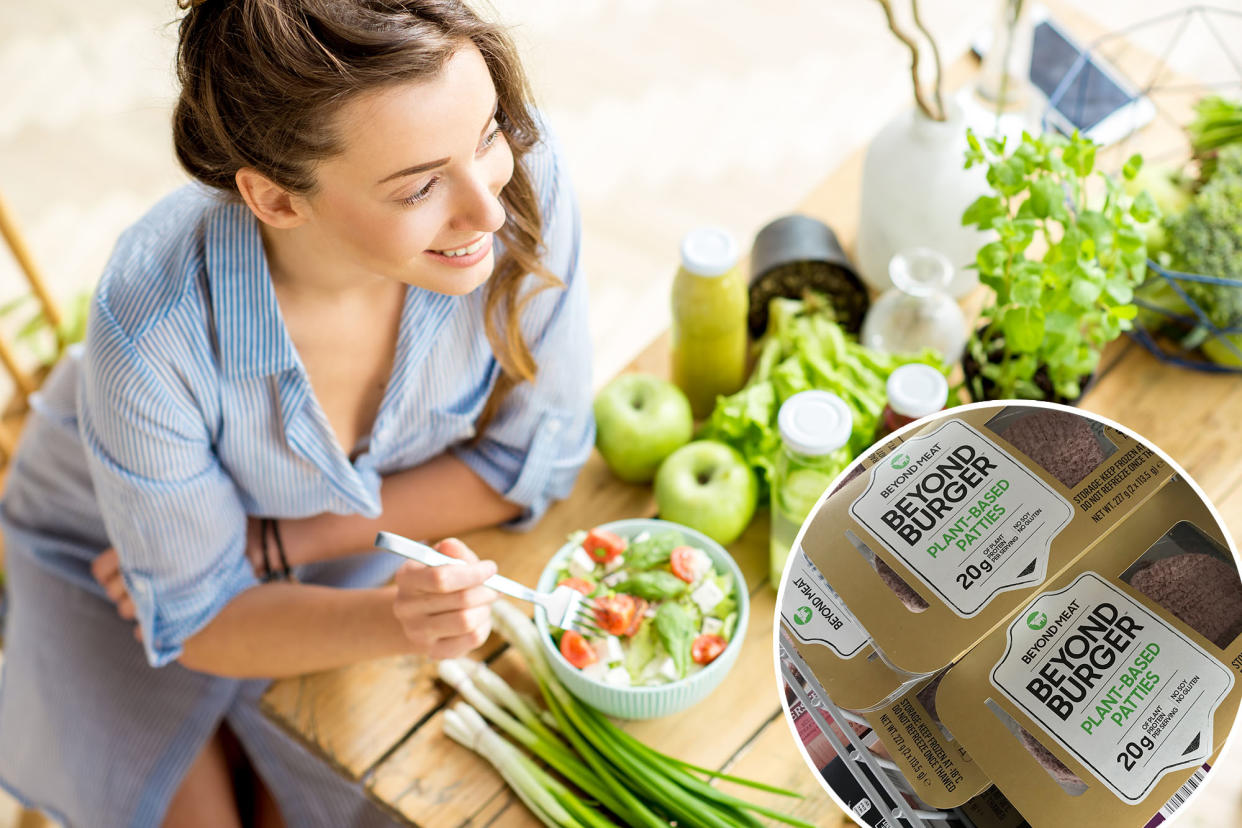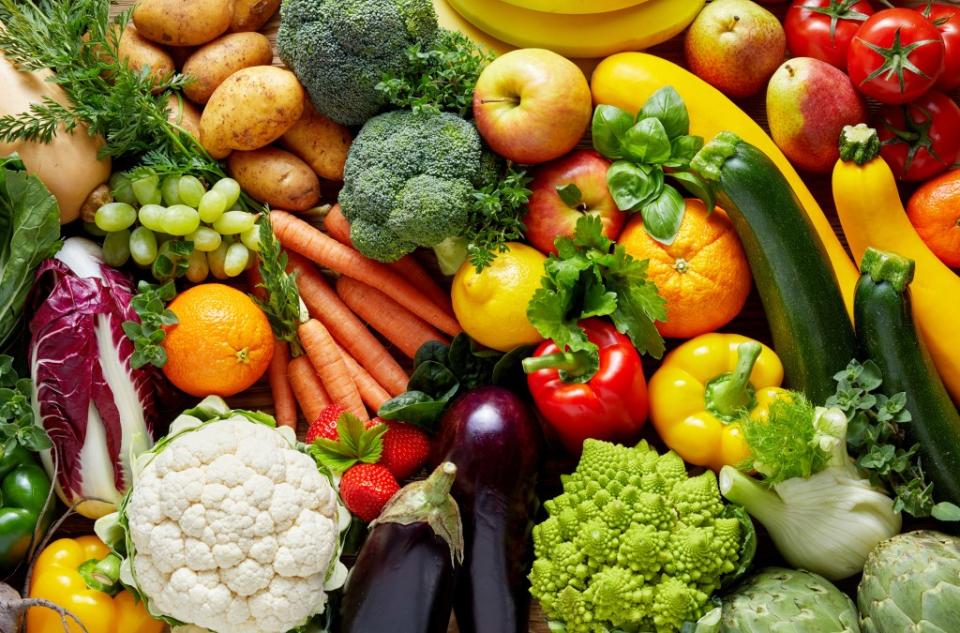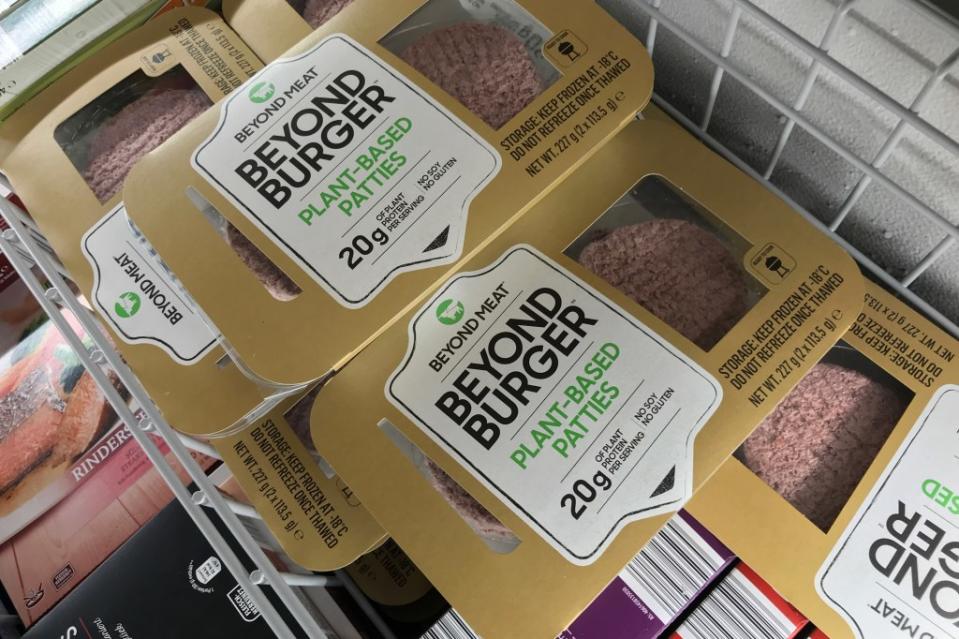Vegan fake meats linked to heart disease, early death: study

This is not ha-pea news for vegans.
While experts extol the health and environmental benefits of a diet free of animal products, new research suggests that consuming ultra-processed vegan food can increase the risk of heart death.
Ultra-processed foods include packaged goods, drinks, cereals and ready-to-eat products that contain colors, emulsifiers, flavors and other additives. UPFs are typically high in sugar, saturated fat, and salt and devoid of vitamins and fiber.

Researchers from the University of São Paulo and Imperial College London assessed the diets of more than 118,000 Brits aged 40 to 69 years old.
They found that a plant-based eating plan promotes overall heart health, but only when that diet features fresh plant-based foods such as fruits and vegetables, whole grains and legumes.
Researchers found that for every 10% increase in plant-based foods, the risk of death from heart disease fell by 20%.
Yet, when the increase in plant-based foods came from UPFs, it was linked to a 12%rise in heart disease-related deaths.
Lead study author Fernanda Rauber explained that the composition and processing methods of UPFs can lead to higher blood pressure and cholesterol.
“Food additives and industrial contaminants present in these foods might cause oxidative stress and inflammation, further aggravating the risks,” she said.
“Those shifting towards plant-based foods should also think about the degree of processing involved before making their choices.”
Dr. Eszter Vamos, co-author of the study, noted the deceptive marketing and public perception of plant-based products as healthy.
“While ultra-processed foods are often marketed as healthy foods, this large study suggests that plant-based ultra-processed foods do not seem to have protective health effects and are linked to poor health outcomes,” she said.

The study found that replacing plant-based UPFs with whole foods, known to have important health and environmental benefits, decreased deaths from heart disease by 15% and reduced the likelihood of developing cardiovascular disease by 7%.
Researchers claim that this study, published Monday in Lancet Regional Health, is the first to show that plant-based UPFs increase the risk of cardiovascular disease.
Based on their findings, the authors are urging nutritional guidelines that promote plant-based diets to include a warning to avoid UPFs.


The study highlights the cardiovascular risk of consuming popular meat alternatives, but independent scientists point out that half of the UPFs used in the study came from plant-based breads and pastries.
“Many foods that do not contain animal products, which includes biscuits, crisps, confectionery and soft drinks, are technically plant-based but would not be considered essential as part of a healthy diet by the majority of people,” Duane Mellor, a dietitian and spokesperson for the British Dietetic Association, said in a statement.
Mellor stressed the importance of a balanced diet rich in whole foods like vegetables, fruits, legumes, nuts and whole grains.
“It is important to emphasize that just because a food or drink is technically plant-based, it does not mean it is healthy,” he said.


